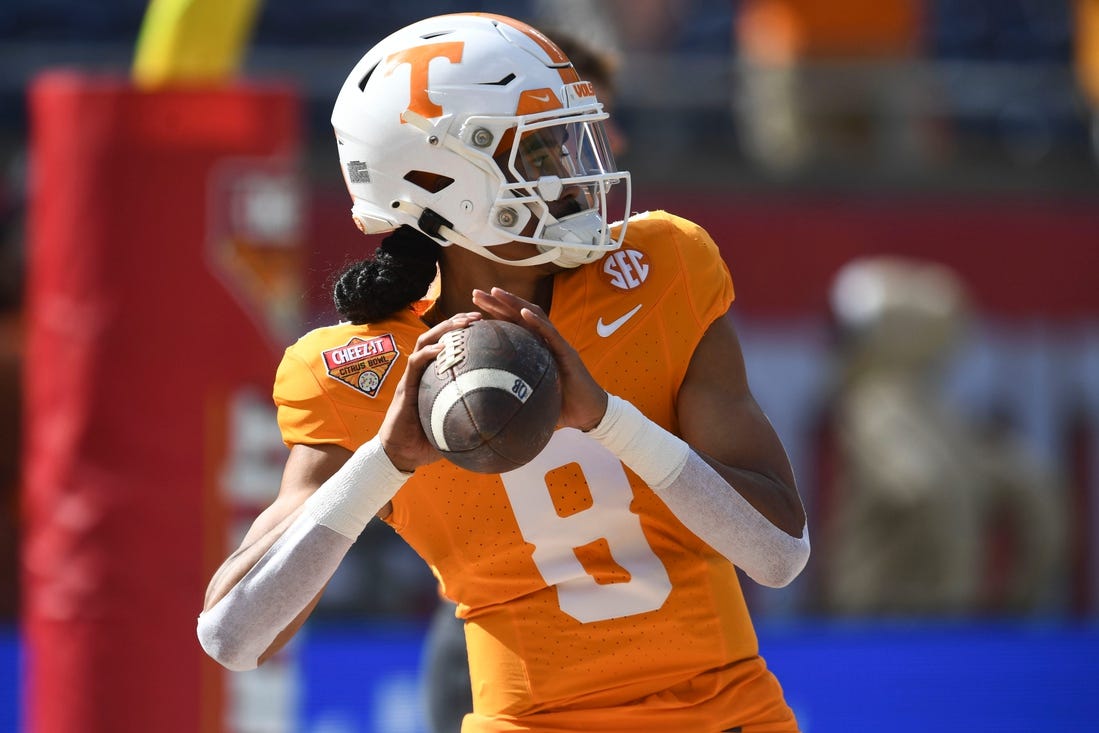The NCAA cannot punish students or athletics program boosters for name, image and likeness recruiting inducements — at least for now — as a result of a federal judge’s preliminary injunction on Friday afternoon.
The injunction is not a final ruling in the case of Tennessee and Virginia v. NCAA, but the NCAA is in danger of fully losing its ability to enforce its NIL rules, which have been called into question by the attorneys general of both states.
“The NCAA’s prohibition likely violates federal antitrust law and harms student-athletes,” U.S. District Judge Clifton Corker wrote Friday.
Although the related court case is still active, Corker’s injunction means that athletes are free to negotiate NIL-related compensation before they enroll at a school. Though the judge is from the Eastern Tennessee District, his decision applies to the entire country.
The case stems from the NCAA’s decision in January to launch an investigation into the Tennessee football program over alleged recruiting violations. It centered on Nico Iamaleava, a five-star quarterback recruit coming out of high school, signing a deal with Tennessee’s primary NIL collective, Spyre Sports Group, reportedly worth $8 million.
Tennessee chancellor Donde Plowman addressed a biting letter to NCAA president Charlie Baker last month, claiming the NCAA is not doing its part to establish clear rules for student-athletes, their families or universities.
“Instead, two and a half years of vague and contradictory NCAA memos, emails and ‘guidance’ about name, image and likeness (NIL) has created extraordinary chaos that student-athletes and institutions are struggling to navigate. In short, the NCAA is failing,” Plowman wrote in part.
The AGs of Tennessee and Virginia filed their antitrust lawsuit against the NCAA the next day.
“Without the give and take of a free market, student-athletes simply have no knowledge of their true NIL value,” Corker wrote Friday. “It is this suppression of negotiating leverage and the consequential lack of knowledge that harms student-athletes.”
Tennessee attorney general Jonathan Skrmetti said in a statement to news outlets Friday that his state would continue pursuing its litigation “to ensure the NCAA’s monopoly cannot continue to harm Tennessee student-athletes.
“The NCAA is not above the law, and the law is on our side.”
NCAA student-athletes have been allowed to profit off their names, images and likenesses since the Supreme Court ruled in their favor in NCAA v. Alston in the summer of 2021.
–Field Level Media

